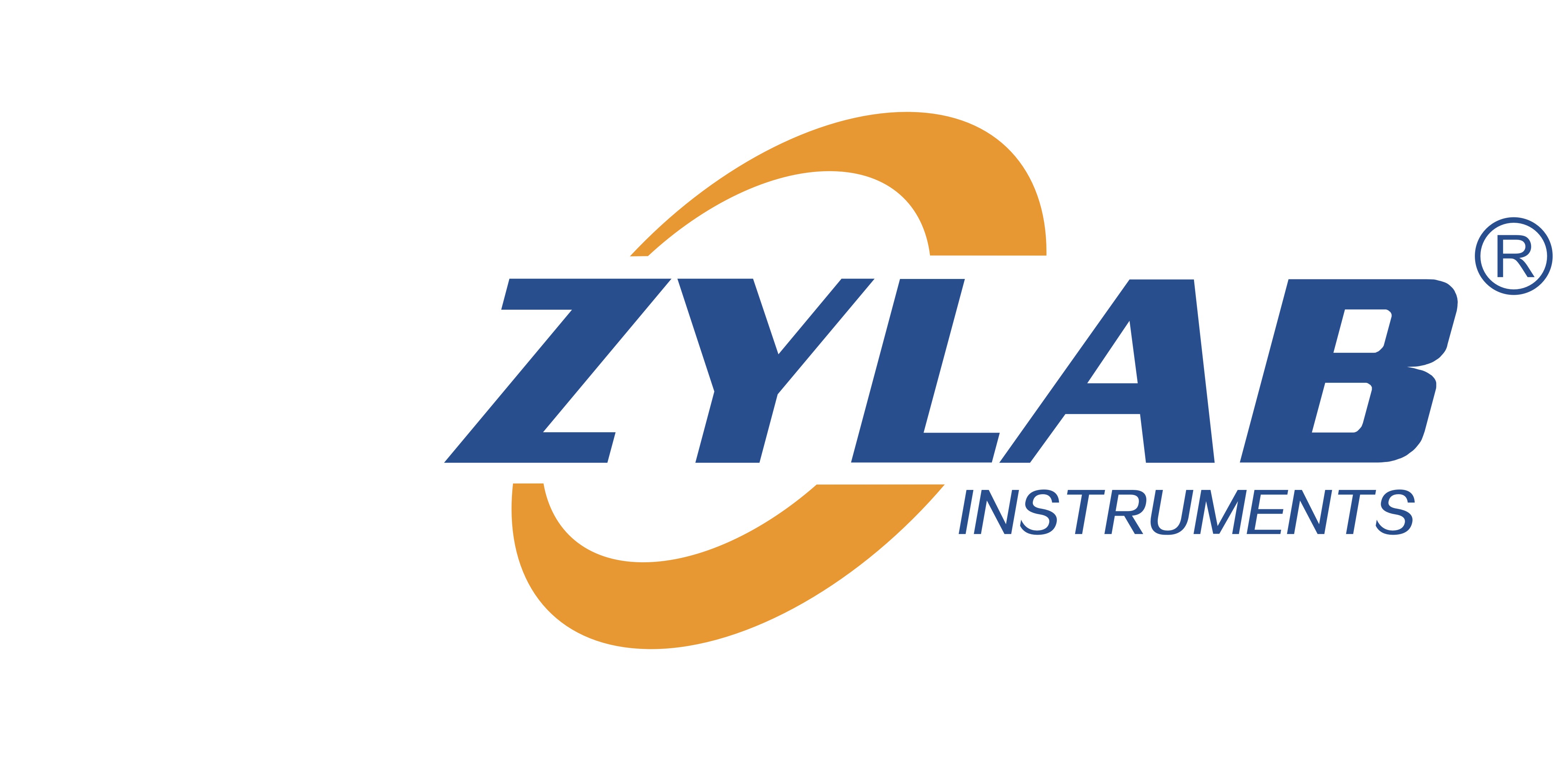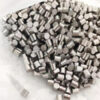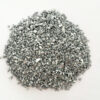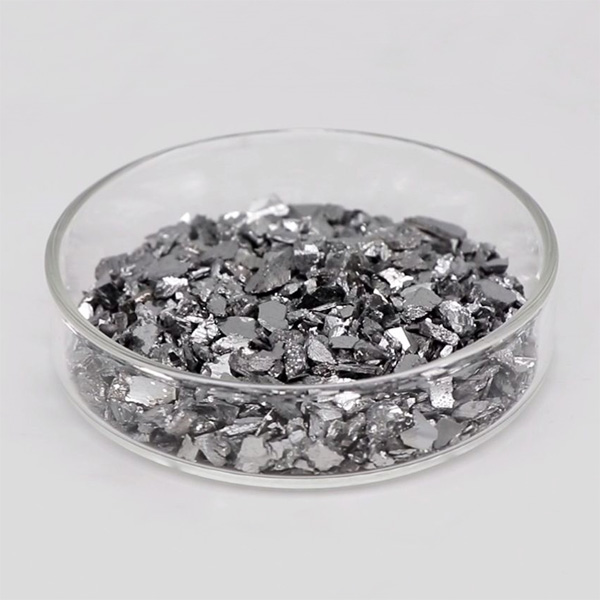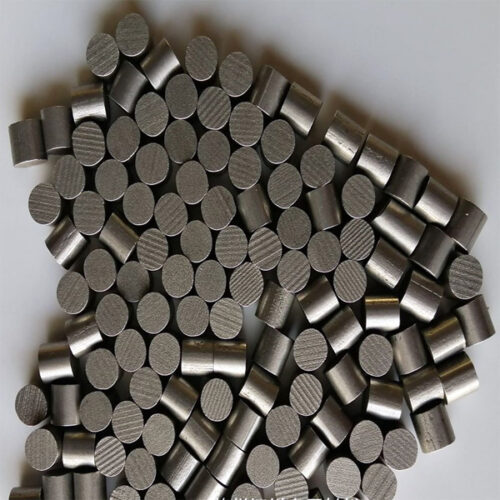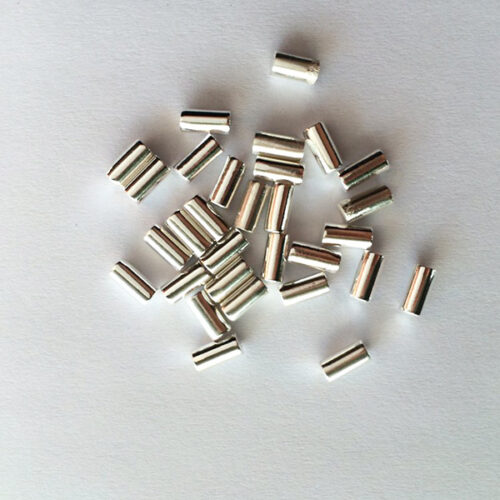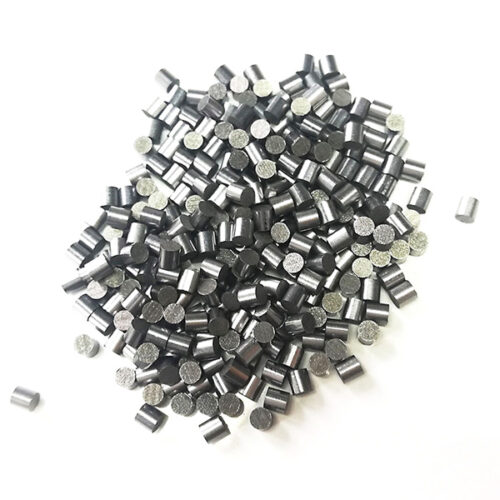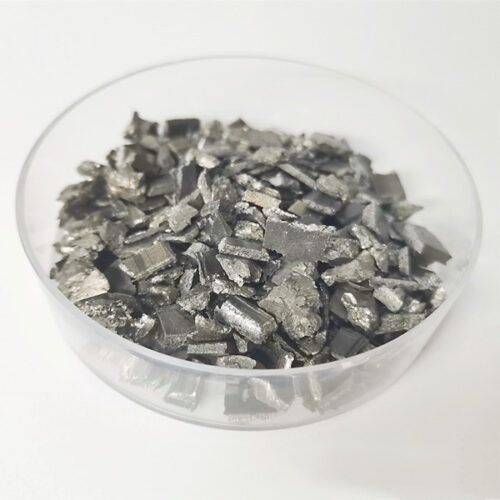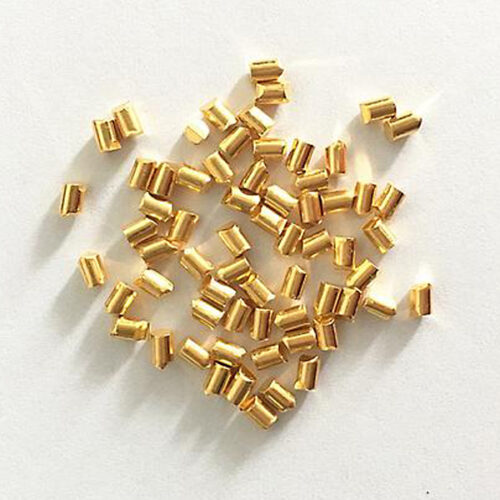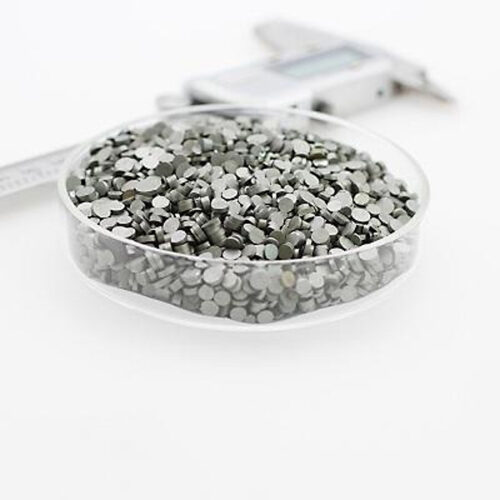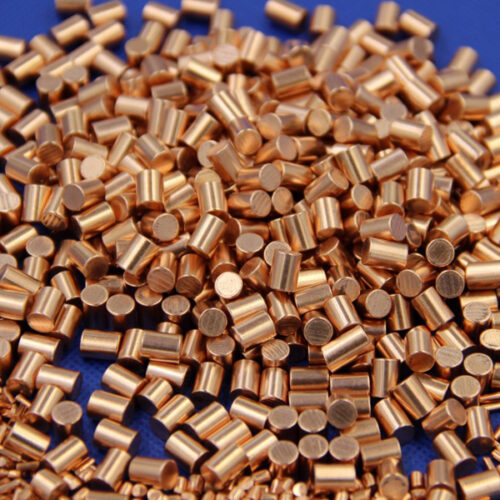5N (99.999%) Bismuth (Bi) Pieces Evaporation Materials
Introduction:
Bismuth evaporation materials are solid substances primarily composed of bismuth, specifically engineered for use in thermal evaporation processes. These materials typically come in various forms such as pellets, rods, wires, or sheets, suitable for vaporization in vacuum environments.
During the thermal evaporation process, the solid bismuth material is heated to its vaporization temperature, causing it to transition directly from a solid to a vapor state. The vaporized bismuth then condenses onto a substrate surface, forming thin films or coatings with desired properties.
Bismuth evaporation materials find applications in various industries due to bismuth’s unique properties, such as low toxicity, high electrical resistance, and diamagnetic behavior. They are commonly used in semiconductor manufacturing, research laboratories, and thin film deposition processes where precise control over film thickness and composition is required.
Properties of Bismuth Evaporation Materials:
1. Diamagnetic Nature
Most Diamagnetic Metal: Bismuth holds the distinction of being the most diamagnetic of all metals, except for mercury. This property makes it highly suitable for magnetic shielding applications and experimental studies involving magnetic fields.
2. Low Thermal Conductivity
Lowest Thermal Conductivity: Bismuth exhibits the lowest thermal conductivity among all metals, making it an excellent thermal insulator. This property finds applications in thermal barrier coatings and thermoelectric devices.
3. High Electrical Resistance
High Electrical Resistance: Bismuth possesses a high electrical resistance, making it suitable for applications requiring electrical insulation or resistance to electrical current flow. This property is leveraged in electronic components and circuitry.
4. Hall Effect
Highest Hall Effect: Bismuth demonstrates the highest Hall Effect among all metals, which refers to the generation of a voltage perpendicular to both the electric current and magnetic field in a conductor. This property finds applications in sensors and semiconductor devices.
Applications:
1. Semiconductor Manufacturing
Bismuth evaporation materials are utilized in semiconductor manufacturing processes to deposit thin films or coatings for electronic and optoelectronic devices.
Bismuth compounds are incorporated into semiconductor materials to modify their electrical and optical properties, enhancing device performance and functionality.
2. Thermal Barrier Coatings
Bismuth-based coatings are employed as thermal barrier coatings in aerospace, automotive, and industrial applications to protect surfaces from high temperatures and thermal stresses.
Bismuth evaporation materials enable the deposition of uniform and durable coatings with excellent thermal insulating properties.
3. Magnetic Shielding
Bismuth’s diamagnetic nature makes it an ideal material for magnetic shielding applications, where it is used to redirect or attenuate magnetic fields.
Bismuth evaporation materials are utilized in the production of magnetic shields for sensitive equipment, such as magnetic resonance imaging (MRI) machines and scientific instruments.
4. Thermoelectric Devices
Bismuth-based thermoelectric materials are employed in the construction of thermoelectric generators and coolers, converting heat energy into electrical power or vice versa.
Bismuth evaporation materials enable the deposition of thin films or layers with tailored thermoelectric properties, optimizing device efficiency and performance.
Specification:
Our standard size is 2 ~ 6mm, and other specifications are also available.Please consult our professional customer service personnel for detailed information.
Our standard packaging sizes include 100 grams, 250 grams, 500 grams, and 1000 grams.
ZYLAB offers a variety of crucibles for evaporation materials.
